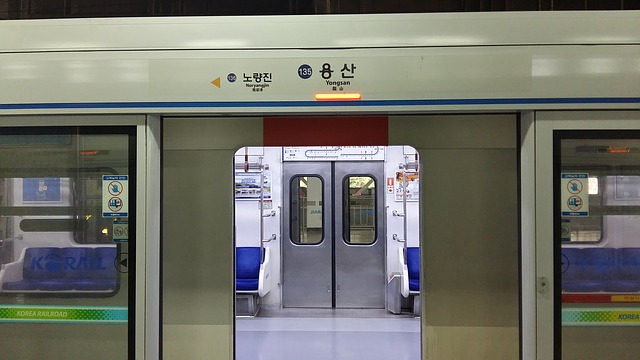If there’s one constant that comes with doing business, it’s regulation. It doesn’t matter what industry you are in or what country your company operates out of, the one constant is an ever-changing landscape of legal obligations that are designed to protect workers and customers, even if they aren’t always clear about how they do it. While some regulations are confusing or hard to apply, others are very clear about ensuring the safety of everybody involved, like the OSHA regulations about hazardous materials. If your business has automated doors or other property features that operate without human oversight, you need to be sure you’re staying in compliance with local safety codes and laws, not just to protect your customers, but also to protect your business.
Reduce Liability, Improve Safety
Most of the time revolving door code compliance is about making sure the machines that operate your automatic doors are properly maintained. By being sure they are in operating order and checking failsafe mechanisms regularly, you protect the people who rely on those features of your property while also staying in bounds with the law. If you’re not sure about how to make those safety checks, that’s okay. Working with a consulting company that specializes in compliance can help. You can also rely on the people who install and repair those features near you, which makes it easy to outsource the tough part of the job.
This is important because liability for accidents is often linked to negligence. When you show you are doing the work to diligently maintain systems, it helps demonstrate you are doing as much as you can to avert mishaps. That can be used to demonstrate due diligence with regard to safety and to defend against accusations of negligence if there is an incident. More importantly, though, it makes those incidents less likely.
How Long Since Your Last Inspection?
If you haven’t had your automated door systems checked out recently, now is the time to bring your business back into compliance with local codes. You might not be past due for that inspection yet, but if you can’t remember when the last one was or how often you need them, it’s better to be safe than sorry. A fast safety check can reveal maintenance needs that have slipped past your team, and a regular schedule for tune-ups and inspections is a great way to make sure your company is always in compliance if an official inspection pops up.
